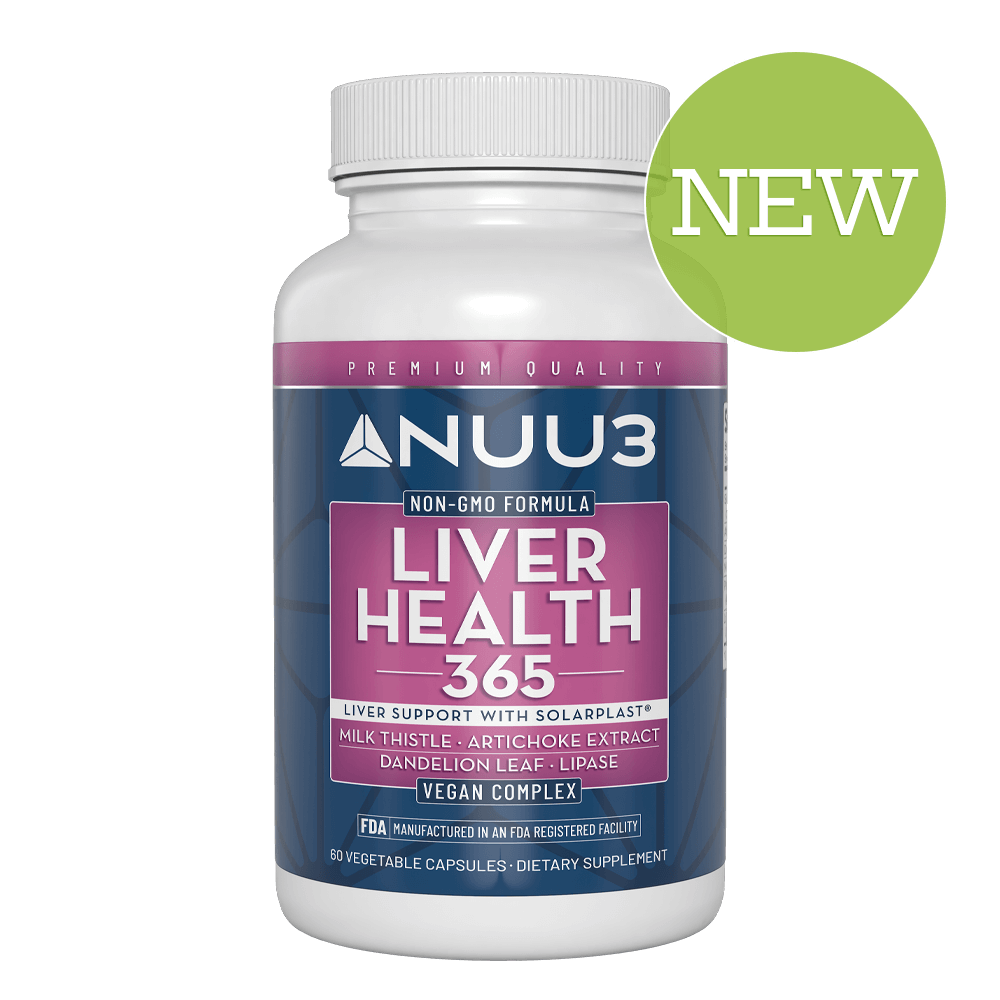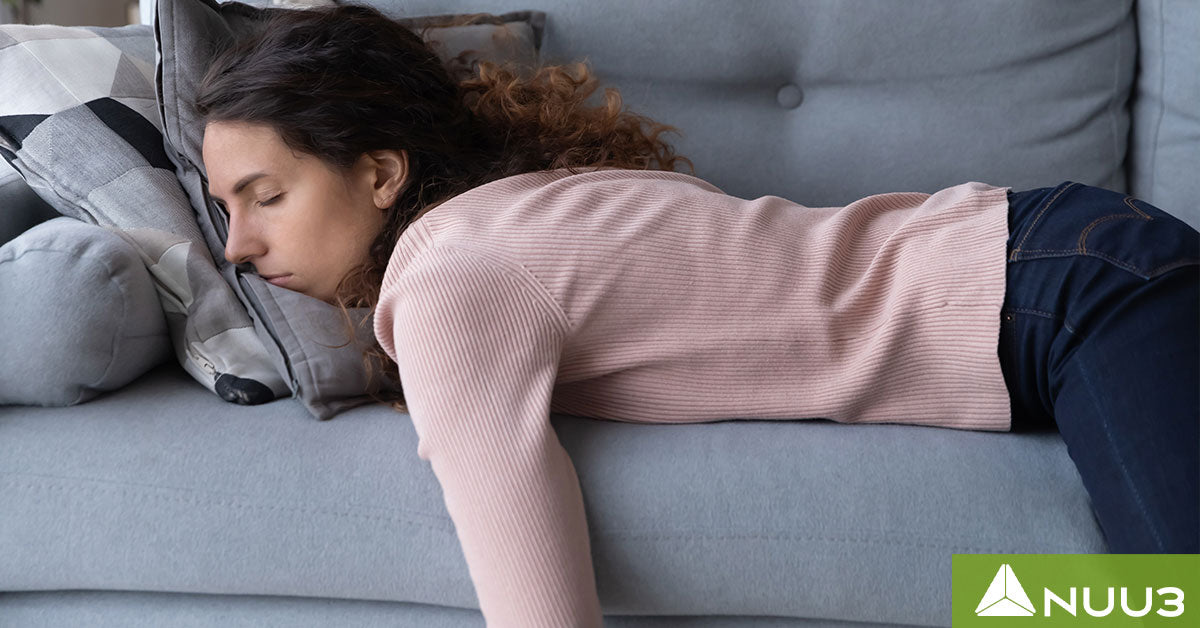Overview
Depression changes your life in many ways. As a serious mental illness, depression causes a wide range of psychological, emotional, and physical symptoms. It can change a person’s behavior and can have a major impact on their quality of life. Most people take frequent and long naps to catch up on nighttime sleep. Others take a nap as a mechanism to get through emotional disturbances. This article focuses mainly on what depression nap is and how to overcome it.
What are depression naps?
Depression nap is a term for excessive sleeping that serves as a coping mechanism in response to low mood, stress, and anxiety. To a person with depression, frequent naps act as an escape from the emotions and feelings that overwhelm them.
The use of the term depression nap has become quite popular on social media, where people tend to trivialize or make light of this behavior. Although the concept of a nap can seem relaxing, it only provides temporary relief. In fact, excessive sleeping in response to depression is considered a serious symptom.
Further in this post, you’re going to learn more about excessive sleeping, morning depression, and how to manage these problems.
Connection between depression and tiredness
An on-point answer to the question “Why does depression make you tired?” may not be readily available because multiple factors are involved in the connection between the two variables. Depression affects brain chemistry and neurotransmitters such as serotonin and norepinephrine, which are crucial for energy and mood regulation. Studies confirm[1] that imbalances in neurotransmitters such as serotonin are associated with fatigue.
Moreover, depression may disrupt sleep patterns. Lack of sleep leads to fatigue because your energy levels deplete. Let’s not forget that depression causes serious symptoms such as hopelessness and lack of motivation, all of which can drain your energy levels and contribute to fatigue.
Even morning depression can increase stress by raising the levels of the hormone cortisol[2]. This disrupts the body’s natural rhythms and leads to fatigue. Additionally, depression may contribute to fatigue due to an unhealthy diet. Being depressed could encourage the consumption of unhealthy food[3]. In this case, food serves as a coping mechanism for low mood and negative emotions. An unhealthy diet deprives the body of much-needed nutrients, impairs physical performance, and contributes to fatigue[4].
In addition to stress, unhealthy diet, lack of sleep, and other factors, depression contributes to fatigue due to medications. Certain antidepressants may make you feel more tired than usual.
Does depression go away, though? Yes, it goes away with proper treatment and a proactive approach through lifestyle modifications.
Relationship between sleep depression
The relationship between sleep and depression is complex and bidirectional. Evidence shows[5] that around three-quarters of people with depression have insomnia, and 40% have hypersomnia or excessive sleepiness. For example, depression may affect both circadian and homeostatic drives to sleep, which is why it takes longer for some people to fall asleep, or they may sleep excessively.
The relationship between sleep and depression has a lot to do with the disruption of neurotransmitters and hormones that regulate sleep and mood. Good examples are serotonin and melatonin. Sleep disturbances negatively affect emotional regulation and cognitive processes, thus worsening symptoms of depression. Insufficient levels of restorative sleep could impair the brain’s ability to process emotions. As depression worsens, your sleep pattern becomes impaired. This answers the question “Why does depression make you tired?”
You may wonder what comes first[6]: sleep problems or depression. Either of these problems may come first and influence the development of the other. Poor sleep makes it difficult to cope with negative emotions, while depression affects sleeping habits and makes some people sleep a lot more than they usually do.
Depression and sleep problems create a vicious cycle where they continuously affect one another. For that reason, you need to be proactive. Not only does depression go away when you work on managing it, but your sleep pattern improves too.
Are depression naps good or bad for you?
A depression nap can be beneficial because it provides a temporary escape from overwhelming emotions. When you don’t get enough sleep, taking short naps can boost your energy levels. However, these naps can be harmful, too. That said, relying solely on napping to cope with emotions can worsen the symptoms you experience. Furthermore, making napping a habit to avoid dealing with negative emotions doesn’t make the underlying problem go away.
How do you determine whether your nap is beneficial or not? Helpful nap has characteristics[7] such as:
-
Short duration: A nap that lasts for hours isn’t good for you. Instead of boosting your energy and alertness, it does the opposite. A helpful nap is short and lasts 20 to 30 minutes.
-
Good timing: naps in the late afternoon and evening aren’t helpful. They make it difficult to fall asleep at night and worsen your morning depression.
-
Energy and alertness: upon waking up from a helpful nap, you feel alert and energized, and get in a better mood. Harmful naps do the opposite; they deplete your energy levels, ruin your concentration, and worsen your mood.
Tips and tricks to overcome depression naps
When left unmanaged, depression naps can worsen your symptoms and further impair your quality of life. The more you sleep, the more you wonder “Am I lazy or depressed?” The good news is that you can manage this problem successfully. These tips should help you out:
-
Maintaining a consistent wake/sleep cycle: establishing a sleep routine helps regulate circadian rhythm and promotes a better quality of sleep. That’s why it’s important to go to bed every night at the same time and wake up every morning at the same time, even on weekends. A proper sleep routine can minimize morning depression.
-
Practice meditation before bedtime: relaxation techniques before bedtime, such as meditation, can calm the mind and reduce stress, anxiety, and symptoms of depression. As a result, it becomes easier to fall asleep. Evidence confirms[8] that meditation can improve the quality of sleep. To further enhance your night’s rest, combine meditation with Nuu3 Keep Calm Gummies to promote relaxation, reduce anxiety, relieve stress, and ease physical tension. All these effects help you sleep better at night, thus reducing the need to take frequent naps.
-
Improve your sleep hygiene: In addition to establishing a regular schedule, you can improve your sleep environment by keeping your bedroom dark, tidy, and at a cool (but comfortable) temperature. You can also create a relaxing bedtime routine, such as reading, a warm bath, or a shower. This will help you sleep better during the night, and you might not fall on a depression nap the next day.
-
Exercise regularly: studies show[9] that exercise can improve sleep quality. Exercise improves your mood and produces pleasant emotions. It also helps you fall asleep better. Just make sure not to exercise close to bedtime. To get the most from your workouts, take energy supplements such as Nuu3 Nature’s Superfuel to boost your energy levels and enhance your mental performance.
-
Avoid electronic devices before bedtime: electronic devices such as phones, tablets, and laptops emit blue light, which interferes with the production of melatonin[10], a hormone that regulates sleep. It becomes difficult to fall asleep that way. As a result, you become sleep-deprived with very low energy throughout the day. This could lead to you asking the same question, “Am I lazy or depressed?”
-
Manage your stress levels: stress worsens depression and disrupts sleep patterns. Be proactive about stress management by engaging in relaxing activities such as yoga, meditation, reading, exercise, or getting a hobby. Since stress has a major impact on cognitive functioning, it is best to go on a healthy regimen with a nutritious diet and supplements. The Nuu3 Green Pura can enhance your focus and concentration while strengthening your immune system.
-
Skip heavy meals in the late evening: eating heavy meals close to bedtime may cause discomfort and disrupt your sleep. Opt for lighter, easily digestible foods and snacks for dinner, and try not to eat late at night. Remember, an unhealthy diet is linked to depression and poor sleep. This could be the answer to the question “Why does depression make you tired?” Regular meals and a healthy, well-balanced diet are always a better choice.
FAQs
Am I lazy or depressed?
The answer to the question, “Am I lazy or depressed” varies from one person to another because depression and laziness are often mistaken for one another.
Laziness is the state of inactivity resulting from an unwillingness to perform a certain task despite the capacity to do so. More precisely, laziness is a personal choice or a deliberate act. On the flip side, depression isn’t a personal choice. Lack of motivation and energy, in combination with social isolation, could make a person appear lazy, even though it’s not their intention.
So, to understand whether you’re lazy or depressed, you need to take a look at whether inactivity is deliberate or not.
Is napping a coping mechanism?
Napping can be a coping mechanism for managing stress, depression, or fatigue. However, naps are a temporary coping mechanism, and they may worsen symptoms of depression with time. That happens because a depression nap could enable avoidance behaviors associated with the root emotions involved. It’s always better to be proactive and healthily manage these naps.
What is the ideal length of a nap?
The ideal duration of a nap is between 15 and 30 minutes. Also known as a power nap, this length of a nap should help you wake up feeling reenergized and refreshed. However, there is no “one size fits all” rule in terms of nap duration. Various factors could determine how much of a nap time you need. Some examples are age, lifestyle, and health needs. For some people, a duration of up to 90 minutes is perfectly fine to feel alert afterward, but 15 to 30 minutes[11] is ideal.
Takeaway
Depression nap is a coping mechanism that people use to deal with overwhelming emotions and feelings. While naps provide relief, the effects are temporary. It’s always better to manage your depression healthily and work on improving your sleep pattern.
Understanding depression naps and finding answers to questions like “Does depression go away?” are simple ways to combat any emotional disturbance. With the tips mentioned above, having better sleep should be easy. As a result of quality sleep, you’re less likely to take naps during the day. Remember, a proactive approach, a healthy lifestyle, and taking the doctor’s advice are crucial to getting a good night’s sleep.
References
1] ↑https://pubmed.ncbi.nlm.nih.gov/17004850/
2] ↑https://www.ncbi.nlm.nih.gov/pmc/articles/PMC7612780/
3] ↑https://www.health.harvard.edu/blog/diet-and-depression-2018022213309
4] ↑https://www.ncbi.nlm.nih.gov/pmc/articles/PMC8167721/
5] ↑https://www.ncbi.nlm.nih.gov/pmc/articles/PMC3181883/
6] ↑https://www.hopkinsmedicine.org/health/wellness-and-prevention/depression-and-sleep-understanding-the-connection
7] ↑https://www.bettersleep.com/blog/what-are-depression-naps/
8] ↑https://www.ncbi.nlm.nih.gov/pmc/articles/PMC6557693/
9] ↑https://www.ncbi.nlm.nih.gov/pmc/articles/PMC6045928/
10] ↑https://pubmed.ncbi.nlm.nih.gov/30311830/
11] ↑https://www.cdc.gov/niosh/work-hour-training-for-nurses/longhours/mod7/05.html










